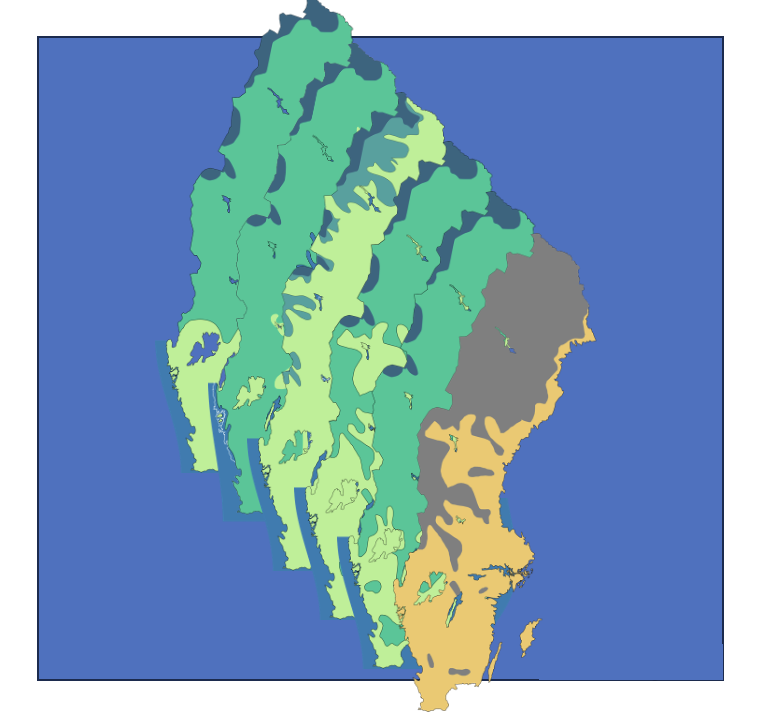
Multidimensional population-scale network analysis with social applications
About
The aim of the project is to use the latest achievements in social network analysis to gain a more in-depth understanding of the effects of large-scale networks on the structure of society and the processes within them over the last three decades.
Social network analysis is a natural tool for the study of social cohesion. However, existing studies in this context use relatively simple network models, where two individuals are either connected or not, ignoring the multidimensional nature of human relations. In addition, most existing studies are based on artificially constructed, non-empirical data.
In this project, we address both shortcomings by constructing multilayer social networks of a country population, where individuals are connected to each other in dynamic networks through family, work, residence, and other layers. The data includes annual information on the entire adult Swedish population during the years 1990-2019, where data from the following four registers are used: Longitudinal integration database for health insurance and labor market studies, Longitudinal register for integration studies, the Vehicle Register and the Geographical Database.
Examples of questions we plan to ask in the project are: what characterises the individuals who are segregated within the networks - for example, regarding place of residence, family relationships, income level, immigration status and level of education? Has the development over time been similar for all categories of individuals or has the negative or positive development been more noticeable for certain categories than others? Questions of this type are in focus within this project.
This project has received seed funding from the Centre for Integrated Research on Culture and Society (CIRCUS) at Uppsala University for data acquisition and preparation of grant proposals.
Contact
Mikael Bask, Miia Bask, Ilkka Henrik Mäkinen, Matteo MagnaniFunding
- CIRCUS, Uppsala University